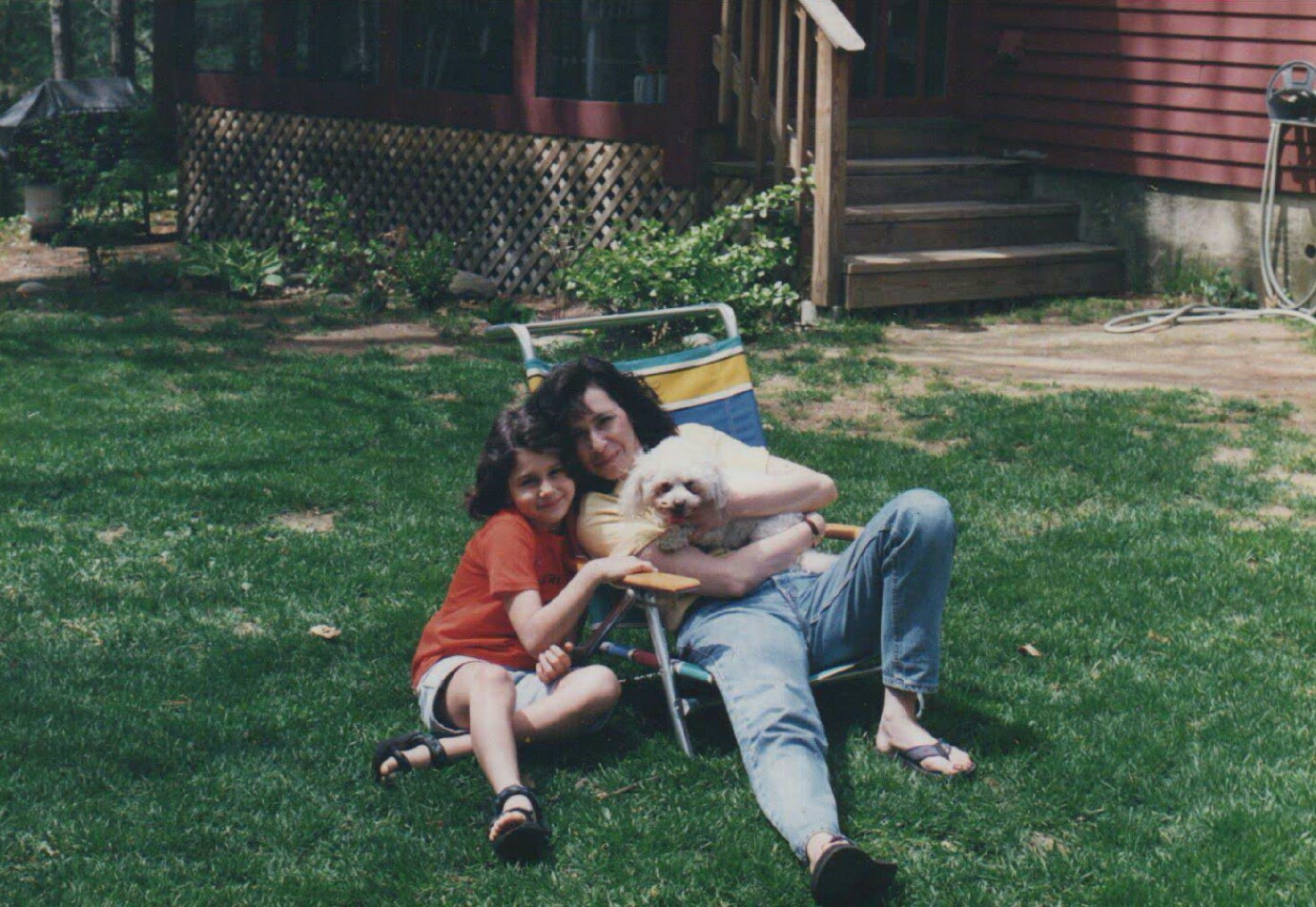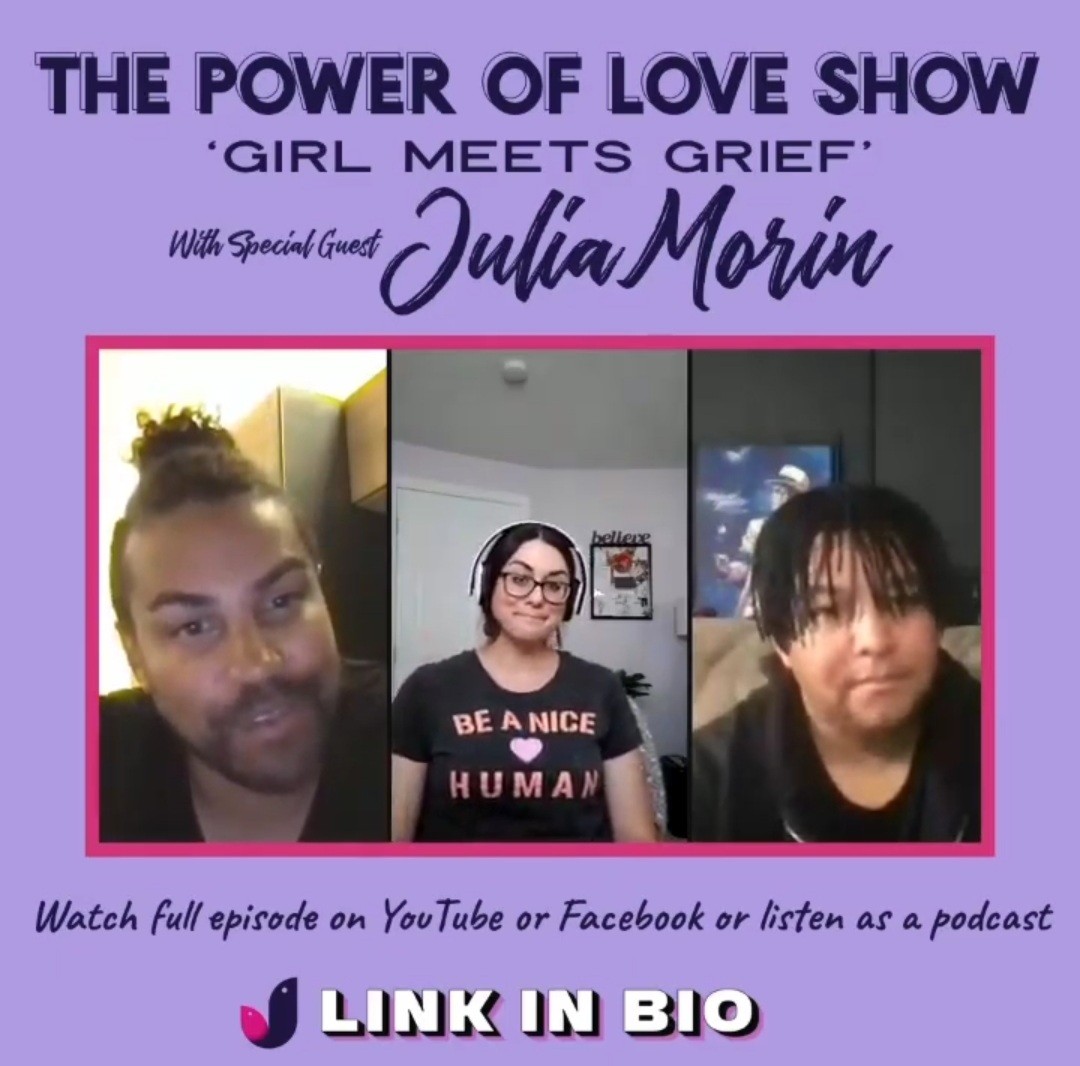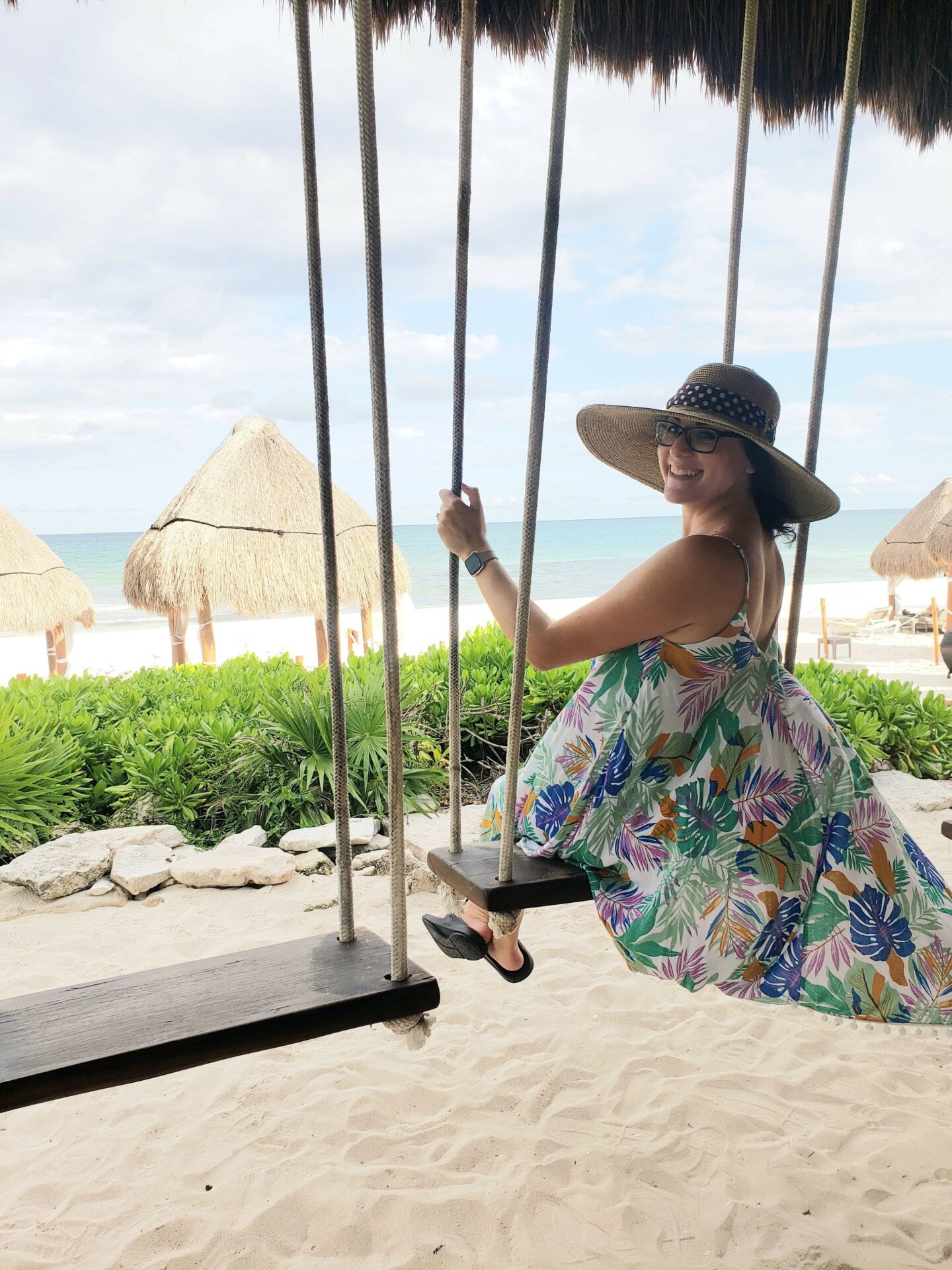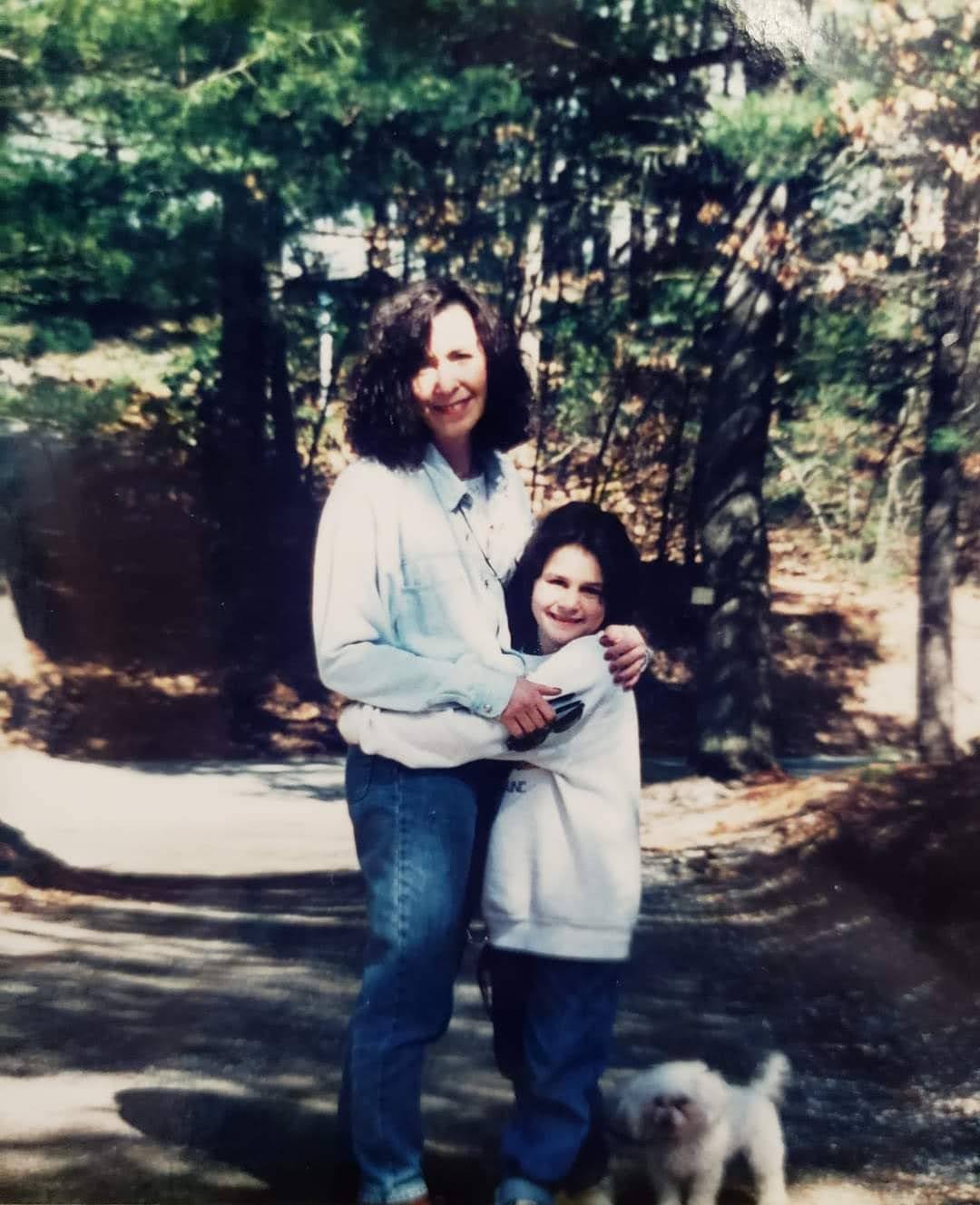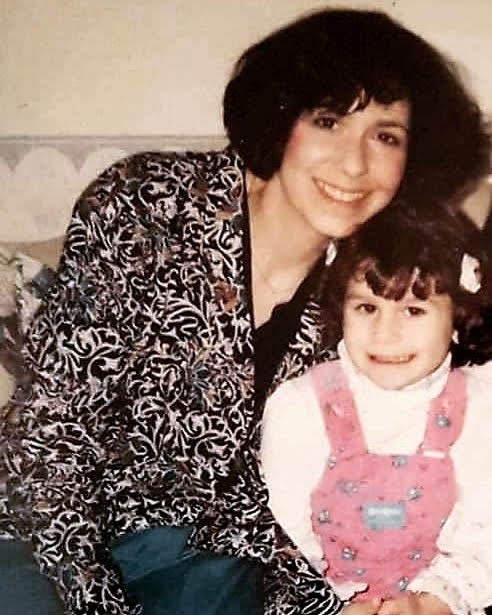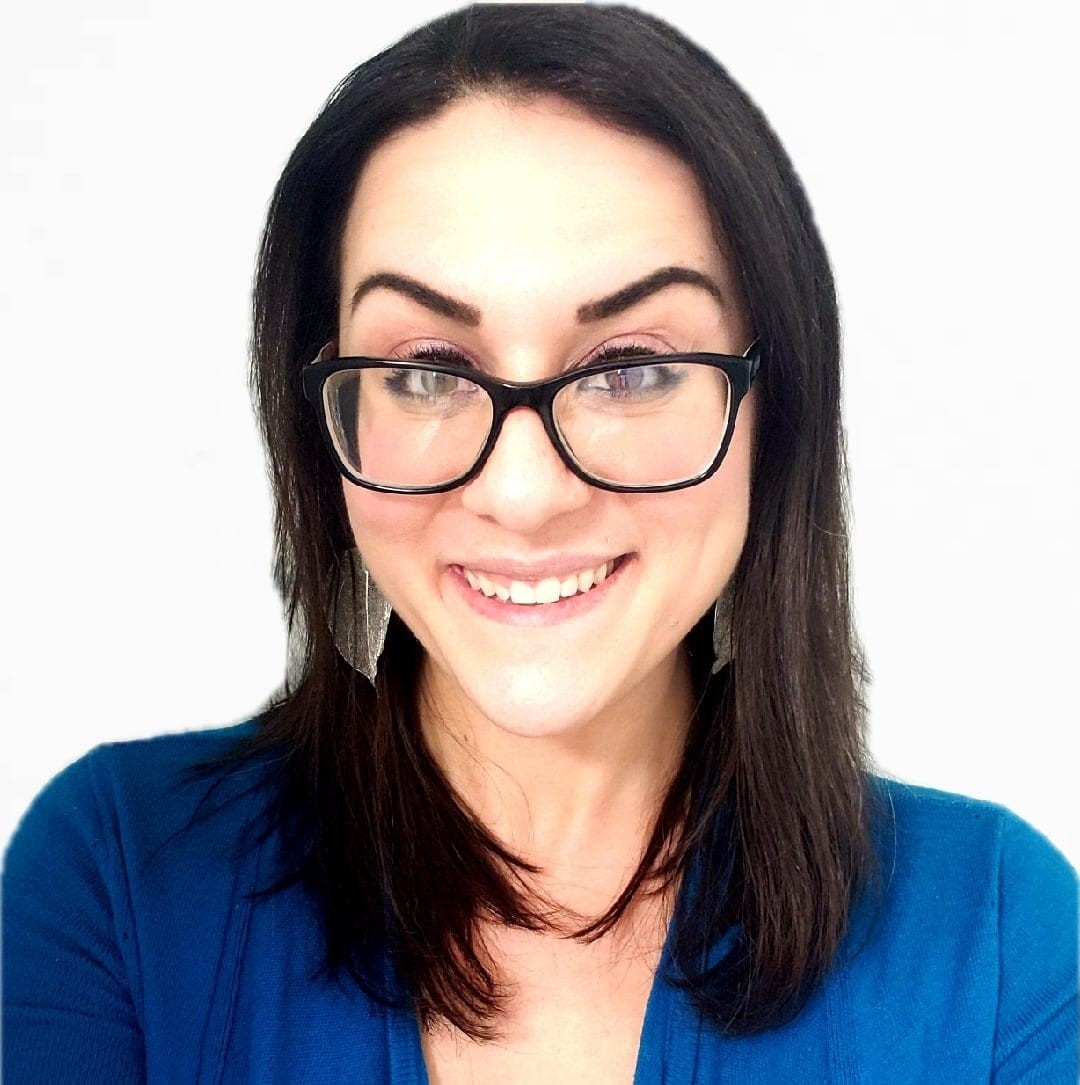We were lucky to catch up with Julia Morin recently and have shared our conversation below.
Julia, so good to have you with us today. We’ve always been impressed with folks who have a very clear sense of purpose and so maybe we can jump right in and talk about how you found your purpose?
I’ve known for quite some time that I wanted to help others, I just wasn’t sure what form that would take. I have always been a “helper,” which I think goes hand-in-hand with empathy—when we have known deep hurt and suffering ourselves, we often tend to become someone who doesn’t want to see others hurting and suffering.
Having experienced the sudden death of my mom shortly after I turned eight years old (along with many other losses over the years), and also experiencing mental health struggles, I became deeply attuned to the grief and mental health challenges of others. I have always been a writer, and I studied English and journalism in college. For a while I considered going back to school to become a therapist (and I haven’t completely ruled it out), but at some point I found myself writing and sharing more openly about my grief journey. A therapist in my late 20’s finally validated for me that my mom’s unexpected death when I was a child—and the circumstances surrounding it—was actually a trauma. Somehow, I had never made that connection…but once I did, so many things made more sense and I realized the fact that I was “still” grieving so many years later was actually normal. In many ways, I was simultaneously grieving my mom’s death for the first time because I had been too young to truly understand or process it as a child, and I was re-grieving her death as a young woman trying to learn how to navigate her adult life without her mother. It was both painful and liberating.
Eventually, this pointed me to the path of what I believe is my purpose: supporting others in their own grief journeys, as well as providing grief education, awareness and advocacy. I have shared in podcast interviews that it felt like my mom somehow planted that seed in my mind, because I still remember the day I suddenly had the words “grief coaching” come into my brain. As a result, I typed those words into Google and that ultimately led me to pursuing my first grief support training, a certificate program (and I then went on to complete two additional grief certifications). It felt like some kind of spiritual download from her—that is the only way I can describe it.
The beautiful thing is I have been able to combine two of my greatest passions of writing and grief work in ways that are both fulfilling and healing for me, and hopefully helpful for others. What I’ve learned along the way is that not only is healing an ongoing, lifelong journey, but it is something that is best done in community. Grief is a rough road, and it is so much harder to navigate in isolation.
Let’s take a small detour – maybe you can share a bit about yourself before we dive back into some of the other questions we had for you?
I am a writer, a Grief Support Specialist (UW-Madison), Certified Grief Educator (David Kessler/Grief.com), and a Grief Resource Directory Certified Provider (Claire Bidwell Smith/Grief and Loss Comprehensive Training Program), as well as the face behind the Instagram community @girl_meets_grief, which I launched over Mother’s Day weekend in 2021. Since then, it has grown to over 10,000 followers and I have made so many incredible connections with fellow grievers as well as others doing such meaningful work in the grief space. I am honored and humbled to have one small part in creating a more grief-informed culture while supporting and educating others.
I am a childhood grief survivor who lost my mother suddenly and tragically nearly 30 years ago, two months after I turned eight years old and less than one week after Mother’s Day—and I have experienced a number of other losses in my life.
I am fiercely passionate about normalizing conversations and ending the stigma around grief, as I continue to navigate the various manifestations of this significant early loss in my own life. I am especially passionate about work around mother loss and childhood loss, as a result of my lived experiences. My approach to grief support is rooted in the belief that grief, like love, lasts forever—and while we never “get over” it or “move on,” we can learn to move forward with it, live alongside it, and integrate it into our lives.
My writing on grief and mental health has been published by Chicken Soup for the Soul, The Mighty and The Manifest-Station among others, and I have been a guest on podcasts including Got Grief, How to Grieve and Daughters Without Moms, as well as a live appearance on The Power of Love Show with TJ and Taj Jackson of the Dee Dee Jackson Foundation.
Looking back, what do you think were the three qualities, skills, or areas of knowledge that were most impactful in your journey? What advice do you have for folks who are early in their journey in terms of how they can best develop or improve on these?
1. Empathy is huge when it comes to any kind of work in the grief and/or mental health space. I have encountered practitioners who could use a few deposits in their empathy bank, and I can’t help but scratch my head wondering how anyone who is lacking this quality ends up pursuing this path. I used to view my empathy as a weakness, but as I have come into adulthood and especially as I have pursued this path of grief support and education, I have come to realize what a strength it is, despite being challenging at times. I can never say “I know exactly how you feel” to someone else, because grief is so individual and so unique to each person. To quote David Kessler, “If I have seen one person in grief, I have only seen one person in grief.” But I can say, “I know how it feels to lose someone you love and to grapple with the pain and permanence of that loss.”
I believe we cannot truly support others unless we can first put ourselves in their shoes. So often with grief, we hear people say “I can’t imagine.” The truth is, they can—they just don’t want to, because it is too painful. It forces people to face the reality that the horrible thing that happened to us could happen to them. It forces us to see ourselves in other people; to accept what little control we have over matters of both life and death. Empathy requires us to put ourselves in that head space and stay there. It requires us to feel that discomfort and sit with someone else in it—even when we can’t fix it or make it go away—without turning away from their pain. Because it could be us tomorrow.
2. Meeting people where they are at is so important. When it comes to grief, mental health and healing, so often we are expected to follow some arbitrary timeline, and others may not realize that imposing that on us is actually more harmful than helpful. We will move through our grief/mental health/healing journey on our own timetable. Grief and healing are not linear. There is no straight line from point A to point B. There is no finish line or endpoint. We don’t move through it in orderly stages. There is no grief graduation. It is messy and painful and I don’t believe we ever reach some state of nirvana where we are fully healed…it is a continuous process of learning, relearning and unlearning; of falling apart and slowly putting ourselves back together, except the pieces don’t quite fit in the same way they once did. We need a lot of patience, grace, understanding, and kindness throughout this journey—both from others and from ourselves.
3. I think my lived experience with loss, grief, and mental health struggles has certainly allowed me to better relate to and help others who are navigating a similar journey. And of course I would echo again that I am never coming at this from a place of “I am healed and done grieving, I’ve cracked the code, I have all the answers.” In all honesty, I am just a fellow human being who has walked this path and maybe I can shine a light for someone who is still in that deep, dark tunnel and can’t see the other side. It really bothers me when I come across coaches or “influencers” who approach grief as though it is a problem to be solved, because it isn’t. It is a human experience that needs to be witnessed, seen and supported, but not fixed. The goal is not to take people’s pain away from them. It is to help them feel it, navigate through it, and eventually integrate it into their lives in a way that feels like moving forward vs. “moving on.”
As far as advice, I would say all of these things are a lot like a muscle—the more you use it, the stronger it gets. If you are trying to show up as a supportive person for someone else navigating their journey with loss/grief/mental health/healing, what they really need is presence, not perfection. Keep showing up.
Before we go, maybe you can tell us a bit about your parents and what you feel was the most impactful thing they did for you?
First I would say my mom instilled enough love and nurturing in me that despite having such little time with her before she died, I have always carried so much of who she was as a person and as a mother inside of me and I try to embody her spirit, her laughter and her caring nature. Of course I still feel as though I missed out on so much time with her and so much nurturing I should have had as a child and into adolescence/adulthood…but I feel like she had such a huge impact in such a short time on who I have become today. To quote a piece of my writing that was published by The Manifest-Station in 2015, “My life will never be the same – both because she was in it and because she left it.”
My dad’s presence, guidance and support was also very impactful both for myself and for my sister, especially after losing our mom at such young ages. I know not everyone who loses a parent in childhood is fortunate enough to have a present remaining parent, and it wasn’t until I was well into adulthood myself that I was better able to appreciate how incredibly difficult it must have been for my father to guide us through our grief while also trying to navigate his own. It certainly wasn’t easy for any of us, but I’m grateful my dad modeled emotional expression and vulnerability. Just about every day before we went to school and before any sporting event, dance recital or chorus concert, he would always say “Be the best” and I never interpreted that as “be perfect,” but rather do the best you can. I like to think my mom is proud of each of us individually, as well as how the three of us were able to come together in her absence and do our best to keep going.
Contact Info:
- Website: https://linktr.ee/girl_meets_grief
- Instagram: https://www.instagram.com/girl_meets_grief/
- Linkedin: https://www.linkedin.com/in/juliakmorin/
- Other: Email: girlmeetsgrief@gmail.com
